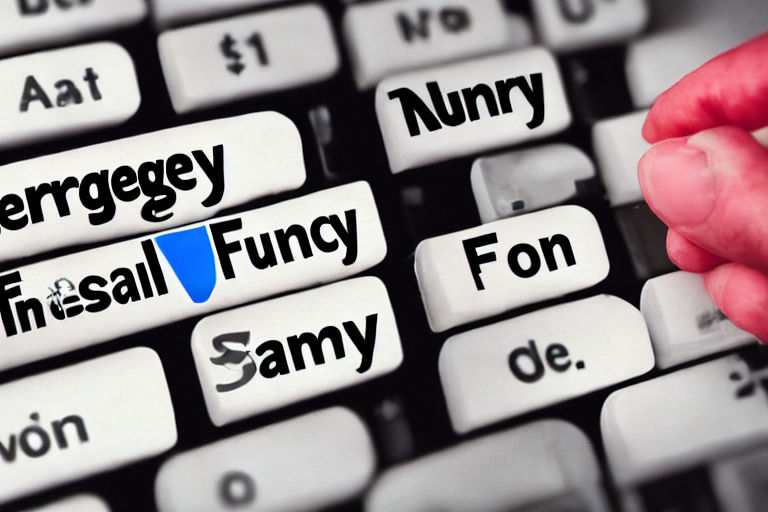What to Do When You Have to Dip into Your Emergency Fund
Emergency funds are an essential part of any healthy financial plan. They provide a safety net for unexpected expenses, such as medical bills, car repairs, or job loss. However, there may be times when you need to dip into your emergency fund. Perhaps a pandemic hits, and you lose your job. Maybe an unexpected medical expense arises, and you need to pay it off quickly. Whatever the reason, here are some steps you can take when you have to dip into your emergency fund:
1. Evaluate the Situation
The first step is to evaluate the situation carefully. What is the expense you need to cover? How much money do you need from your emergency fund? Can you cover the expense in any other way, such as taking out a loan or using credit cards? Make sure you understand the magnitude of the situation before dipping into your emergency fund.
2. Prioritize Your Spending
If you need to dip into your emergency fund, you need to prioritize your spending. Focus on the expenses that are essential, such as rent, utilities, and food. Try to cut back on non-essential expenses, such as eating out, entertainment, and travel expenses. Look for opportunities to save money, such as cooking at home, using coupons, or finding free activities to do.
3. Replenish Your Emergency Fund
After you have used your emergency fund, it's essential to replenish it as soon as possible. Try to rebuild your emergency fund as quickly as possible to be prepared for any future emergencies. You can do this by adjusting your monthly budget to include a savings plan. Allocate a portion of your income from each paycheck to your emergency fund. Automating your savings can help make it easier to build your emergency fund.
4. Learn from the Experience
Dipping into your emergency fund is never ideal, but it is part of life. Take some time to reflect on the situation and learn from the experience. Were there any unexpected expenses that you could anticipate in the future? Is there anything you could do differently to avoid dipping into your emergency fund in the future? Use this experience to help you strengthen your financial plan and be better prepared for future emergencies.
Conclusion
Dipping into your emergency fund can be stressful, but with the proper planning, you can minimize the impact on your financial situation. Be sure to prioritize your spending, replenish your emergency fund, and learn from the experience. By doing so, you can be better prepared for whatever the future brings.





